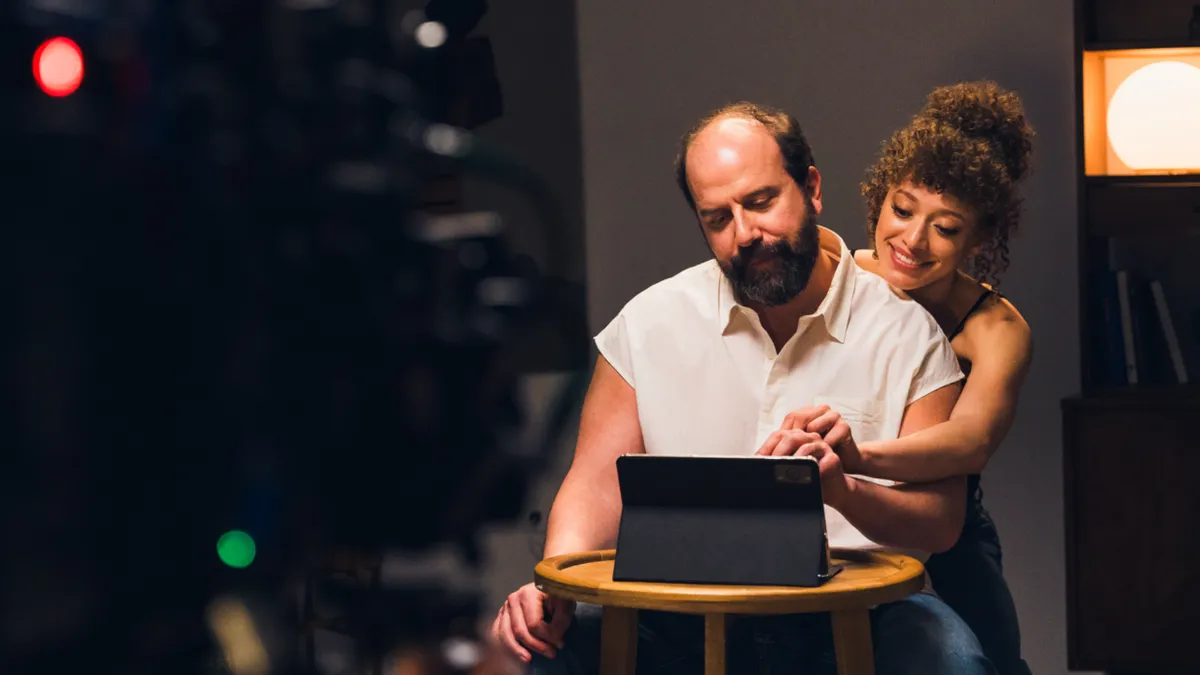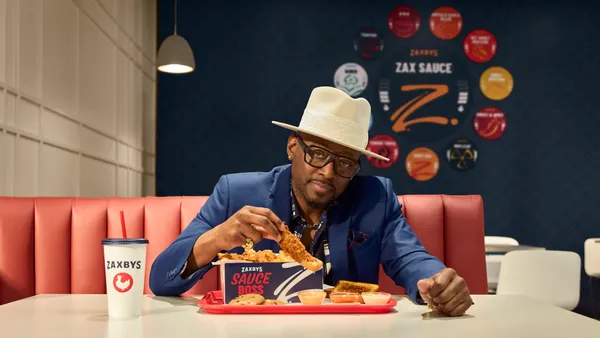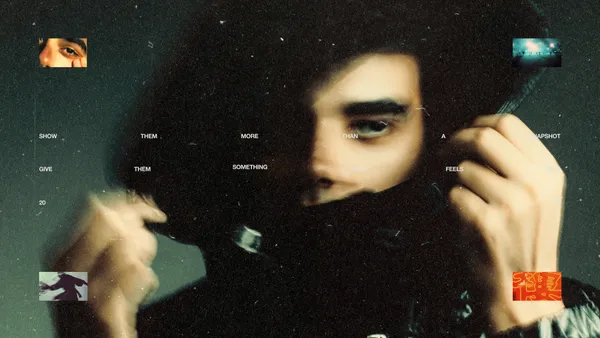When the first class of certified brand safety officers graduated from the Brand Safety Institute (BSI) in late May, the experts' skills were quickly put to the test by a marketing landscape facing disruption from an ongoing pandemic and an eruption of racial justice protests following the killing of George Floyd while in police custody.
While there is little precedence for marketing during such crises, the environment the new graduates found themselves in wasn't so unusual in that, over the past few years, marketers frequently have been required to adapt to changing consumer values as well as new technological opportunities and challenges. As these hurdles have grown, protecting a brand from negative impacts to its reputation and return on investment has become more challenging.
The chaos of 2020 has further escalated the situation as more people are interested in news content about the coronavirus pandemic and protests. Some advertisers may find these news topics too negative or polarizing, but brand safety officers at agencies can help them get in front of consumers in ways that meet brands' needs while supporting quality content with ads.
"These were two huge examples of how a corporate policy applied intelligently can help support news," said certified brand safety officer Joe Barone, who is also GroupM Americas' managing partner for brand safety. "The amount of inventory that's available to news publishers is at an all-time high as people flock to digital news to find out what's going on. If you take advantage of the brand safety tools in a nuanced manner you can bring more clients to news environments."
A nuanced approach
During the pandemic, many advertisers haven't wanted to appear next to content related to death counts and mortality rates. GroupM, which released a brand safety playbook during the pandemic, has encouraged its clients to instead support content about how people are living with COVID-19, including content on working from home, how to keep kids busy and remote schooling.
A similarly nuanced approach can be used with the protests taking place in the midst of a racial reckoning, Barone noted.
"We would never want to avoid all content associated with the uprising against social injustice right now, because of most of that — the vast majority of that — is 100% legitimate discourse," he said.
A considered approach to brand safety during the ongoing protests can support marketers' goals, said Rachel Glasser, global chief privacy officer at Wunderman Thompson and another graduate of BSI's program.
"[This might] even help brands who are willing to take more risks and stand up and say something more political to get them guardrails on how to do that in a relatively brand-safe way," Glasser said.
Staying nimble
The first graduating class of certified brand safety officers includes dozens of executives from prominent ad agencies and brands who completed training on subjects such as ad fraud, ad-supported piracy, malware in the digital ad supply chain, and ad adjacency and brand reputation. Companies represented in the graduating class include Twitter, NBCUniversal, Deloitte, AIG and Bank of America.
Many registers because they saw the need to solidify their understanding of topics that are increasingly important for marketers investing in programmatic media and as digital advertising continues to evolve.
For example, consumers aren't likely to penalize brands for advertising next to potentially disturbing topics from legitimate news sites, according to BSI. However, the organization also recommends that brands sponsor main pages or section pages instead of advertising in individual articles if they still have concerns.
"The issue of brand safety and brand suitability will only continue to grow in the digital advertising space with the increase of automated buying and audience targeting," said Stacey Hultgren, senior manager for ad quality measurement at Pandora and a certified brand safety officer. "This expertise will help me continue to drive strategy for Pandora and the ecosystem as a whole. Having this expertise also keeps me nimble in the digital advertising space as it is constantly evolving and changing."
A step toward professionalization
According to BSI, the certification program is an important step toward the professionalization of the field of brand safety, which it defines as "the controls that companies in the digital advertising supply chain employ to protect brands against negative impacts to the brand's consumer reputation associated with specific types of content, criminal activity, and/or related loss of return on investment."
There other signs besides BSI's program that the marketing industry is putting more importance on brand safety.
A number of marketing services providers and brands are exploring ways to further brand safety efforts, including via a boycott of Facebook intended to pressure the social media platform to fix its lax approach to hate speech and falsified content. Pernod Ricard is developing an app that lets social media users report content they find objectionable directly to brands so marketers can push social media companies to review and remove the content if necessary.
Brand safety tools are also becoming more nuanced, with Comscore recently giving marketers a way to whitelist educational content related to the coronavirus pandemic while avoiding more tragic news.
"Given the importance of brand protection, it's vital that we as an industry professionalize the field, so executives dealing with these issues can demonstrate their expertise and ability to address those wide-ranging and fast-changing threats," BSI co-founder Mike Zaneis said in a statement.






















